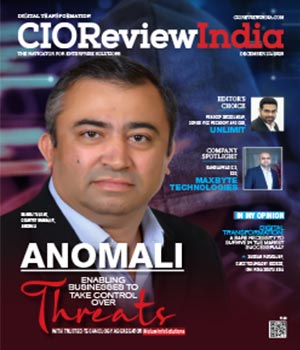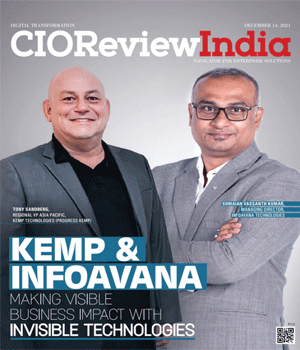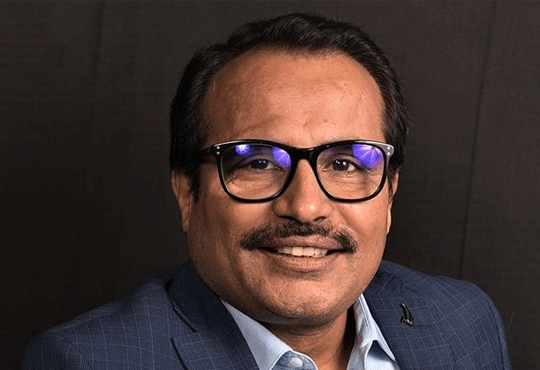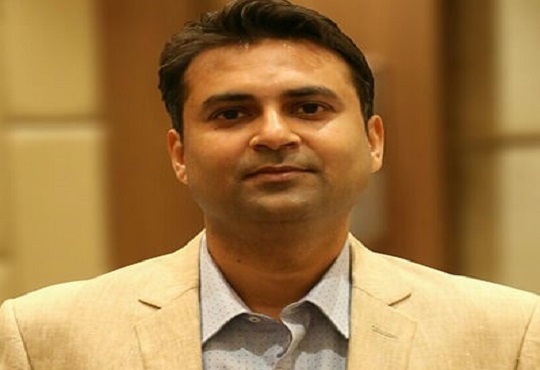
Digital Transformation Redefining How Companies Operate
Pradeep Menon, EVP, Digital Transformation Services Delivery at Orion Innovation | Saturday, 04 March 2023, 12:32 IST
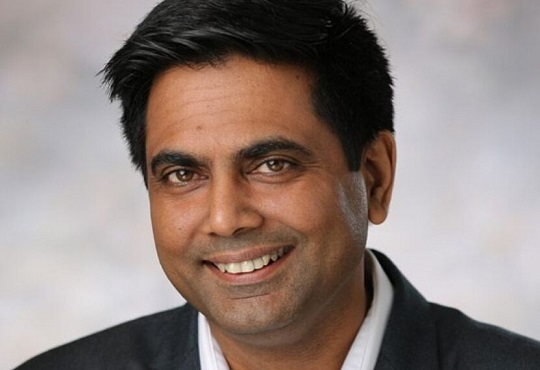
To drive operational excellence and reduce operating expenses and inefficiency, digital transformation places people, processes, and technology at the heart of corporate strategy. In the industry, the two pillars of digital transformation are innovation and disruption. Companies must be aware of their industry's changing landscape and ensure that they have the required talent to carry out new business models, as well as train and retain existing talent. In today's business landscape, disruptive forces abound. For these reasons, maintaining the influence of such a transition usually necessitates significant mental and behavioral rehabilitation.
Excerpts from a conversation with Pradeep Menon, EVP, Digital Transformation Services Delivery at Orion Innovation in which he walks us through the market opportunities and challenges in enabling digital transformation.
Leveraging more than two decades of experience, Pradeep Menon, EVP, Digital Transformation Head at Orion Innovation, has been instrumental in the growth of Orion's Global Application Development practice and the execution of Digital Transformation services. He specializes in Finance and Auditing, with a strong emphasis on program governance and on-time delivery. Pradeep is known for his ability to lead and cultivate a culture of outstanding achievement. He is driven by the desire to lead large-scale reforms, foster innovation, and deliver at scale.
Shed light on the importance of Digital Transformation and how businesses need to leverage it to drive a company’s growth bandwagon.
Today, digital transformation is essential to keep up with evolving market dynamics. Looking back over the last two decades, many significant organizations with a grip on the market have failed, owing to a refusal to drive the necessary innovation and process transformation. To keep up with today's disruptive times, regular updates, optimization, and innovation to bring in new process alignment have become critical. Today, it is all about leveraging data to drive operational efficiency and better understand customer behavior. Since technology is merely an enabler, not a driver. I feel that digital transformation is a rigorous process of aligning oneself with the advancements in technologies and methodologies.
What everyone must concentrate on is optimizing procedures for improved business outcomes. As a result, understanding the domain is critical. Many times, businesses and individuals focus solely on the technological component, rather than on improving operations and procedures. It is necessary to comprehend the actual outcome and to make continual progress in order to make it better and better. A digital transformation strategy cannot be defined as moving from paper to computer or migrating a computer running in a data center to the cloud. Transformation is more than simply technology; it is a perfect synthesis of people, processes, culture, and technology. It is an ongoing process of rethinking and redesigning how to carry out tasks.
What are some of the important factors in enabling Digital Transformation?
Firstly, understanding the KPIs where it is just about driving customer satisfaction, but also about making employees satisfied with what they do. Secondly, it is also about leveraging data to make real-time decisions and gain insights. The third is the whole monetization of assets, whether it is software, whether it is physical or virtual assets, among other aspects. All this is needed to make businesses more agile, scalable, efficient, and productive. And lastly, it is about how one can achieve the utmost quality standards to ensure a seamless user experience.
How can an effective digital transformation be achieved through data structuring and its utilization?
Traditionally, everyone has been focused on building centralized repositories like data warehouses. However, over the previous four to five years, there has been a shift toward data virtualization, data fabric, and data mesh. Since everyone understands how to collect data from different sources and store it in a central repository, decision-making varies from industry to industry. I believe the emerging trend is data virtualization, in which one can use real-time or near-real-time data rather than processed data overnight.
How do you see the organization moving or progressing toward a robust cybersecurity infrastructure?
Whether you are a multimillion-dollar corporation or a small startup, you are constantly under cyber-attack. Enabling Zero Trust and trust architecture is critical for developing a security framework that requires all users, whether inside or outside the organization's network, to be authenticated, authorized, and continuously validated for security configuration and posture before being granted or maintaining access to applications and data.
What are the trends that have become popular due to digital transformation this year and what will be the outlook for 2023, on the same?
Hyper automation employing modern technologies such as AI/ML will establish trends in the future. All of this will be geared toward streamlining the process in order to make it more effective and efficient. As it has become necessary for today's organizations to integrate technologies, there are numerous prospects that are still untapped.
Furthermore, the advancement of cloud technology has been a boon to corporate players. For instance, SaaS and PaaS have opened up a whole new world of opportunities for enterprises to drive operational excellence. Furthermore, creating intuitive user experiences with emerging technologies like AR/VR and metaverse will be game changers in the near future. Also, there are a lot of opportunities around ESG as every company, irrespective of industry verticals, is now focused on it due to the growing concern over environmental sustainability and strict regulations that are being placed.
CIO Viewpoint
The Constantly Evolving Technology Landscape in...
By Janifha Evangeline
Navigating the Digitalization of Mining Industry
By Janifha Evangeline
How To Achieve An Effective Digital Transformation
By Yogendra Singh, Head-IT/SAP, Barista Coffee Company Limited
CXO Insights
No-code platforms: Enterprise-wide Adoption...
By Rahul Murthi, Director at Acies
Unleashing the Potential of IT in Engineering...
By Gyan Pandey, Head - Digital/CDO, Voltas
Low Code and Artificial Intelligence - The...


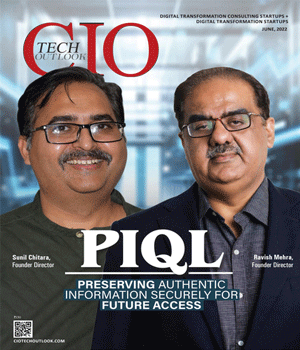
.jpg)
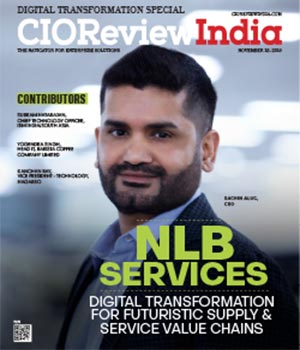
.jpg)
